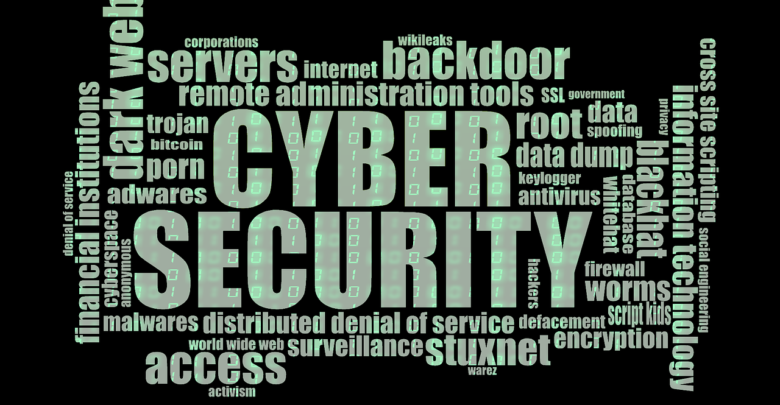Why Should Every Business Maintain Cyber Security Compliance?

Cyber security compliance entails ensuring that organizations satisfy all important regulatory criteria and adhere to the national and state-level cyber laws in place to protect sensitive data. To put it another way, cybersecurity compliance is a method of risk management that adheres to a set of specified security procedures and governs data confidentiality.
Compliance with cyber security standards suggests that an organization meets the data privacy and information security criteria set by the industry in which it works.
What Is Cybersecurity Compliance?
Cyber security compliance refers to the process of ensuring that computer networks are safeguarded from possible cybersecurity threats by adhering to specified rules and laws. Implementing security measures like firewalls, encryption, and frequent system updates are just a few examples. It aims to secure important information’s confidentiality, integrity, and availability.
Key Benefits
Your business stands to gain a great number of significant benefits in a range of various aspects if it complies with cyber security standards.
-
Avoid Penalties for Noncompliance
All businesses must be fully aware of the latest compliance standards that apply to the industries in which they operate. Legislators in North America, Europe, and other parts of the world are gradually implementing laws to safeguard the security and privacy of personal data gathered by private corporations. Firms with comprehensive security compliance operations have the opportunity to avoid any legal issues by effectively securing the data that they gather, which may result in substantial fines and penalties if these laws are broken.
-
Boost Accountability and Access Controls
Access to secured computer systems and databases is restricted to those who have the necessary credentials an efficient way to ensure compliance with cyber security requirements. As a result, businesses should consider developing monitoring tools to track organizational access to such datasets.
The program should also keep a dynamic list of people who are entitled to view that data, and that list should be kept up-to-date in response to changes in employee responsibilities.
Similarly, off-boarding procedures for leaving employees must involve removing their security clearances. This ensures that none of the leaving workers have continued access to the company network. Your organization should have a change management policy in place so that employees can submit access modification requests to their respective supervisors in a coordinated manner. Furthermore, all access permissions must be reviewed no less than once a year.
-
Enhance Data Management
For the companies to stay in compliance with the data security standards, they are required to keep track of the sensitive information about customers that they gather, be aware of how and where they store the data, and have the ability to access, manage, and modify the data on time. These developments enable companies to enhance their data management capabilities in a manner that not only safeguards individuals’ privacy but also improves their ability to carry out their daily tasks efficiently.
-
Increase Customer Trust
When concerns about data privacy are developing at an alarming pace, customers are more likely to trust companies that adhere to rigorous cybersecurity procedures. Compliance improves a company’s image and has the potential to be a crucial factor in garnering consumers’ trust.
-
Improve Security
To comply with the criteria, a company must prepare a cybersecurity strategy and an organizational cybersecurity policy and designate a chief information security officer to oversee the whole process. As such, this adds to risk reduction and data breach remediation.
-
Maximize Operational Efficiency
Organizations that utilize security technologies may manage unnecessary data, find assets that are being wasted, deploy new resources to boost operational efficiency, and reduce excessive data consumption by focusing on the core. Other advantages include the disclosure of privacy vulnerabilities. Investing in cybersecurity procedures not only improves a company’s overall infrastructure but also addresses the gaps that attract harmful actors.
-
Ensure No Surprises
When cyber security work is done consistently and methodically, you obtain the most control over both the critical information and the information processes that take place inside the organization. There will be no surprises, and you will not need to be afraid when regulatory authorities arrive to inspect your company since your processes will guarantee that all of the relevant regulations are followed.
Conclusion
Cyber security compliance is a critical component of protecting businesses from potential cyber threats and ensuring that they can operate in a secure and compliant manner. Furthermore, we would like to emphasize that cyber compliance management and training may assist a company in securing sensitive data, complying with regulatory rules, maintaining consumer confidence, and improving its overall security architecture.





